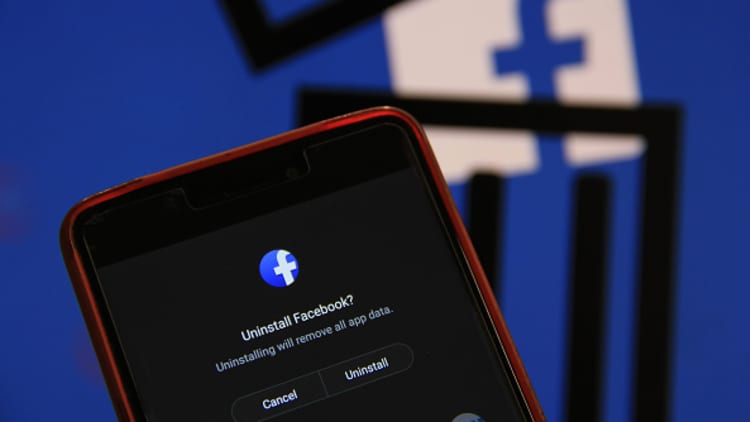
With constant news about data breaches, the public's trust in big tech has taken a big hit this past year. Microsoft Interdisciplinary Scientist Jaron Lanier said Silicon Valley knows -- and said many innovators are regretting their role in it.
"I think I speak for all of us when I say that most of us have regrets right now," Lanier said on CNBC's "Squawk Alley."
A Silicon Valley veteran, Lanier is a computer scientist who has worked with several big names in tech, including Microsoft since 2006. He is also considered to be one of the fathers of virtual reality.
He said developers knew they were making tech addictive, and treating humans like "rats in a behaviorist experiment," but they didn't know quite how bad it would get.
"We can addict you by squirting out bits of positive and negative emotions for you over time...If you do what we want, we give you some positive feedback. If you don't do what we want, we make you feel bad," Lanier said.
"It just happens that negative emotions, like fear and paranoia are easier to bring up, they are cheaper than the positive ones, so we've ended up making the whole society a little dark and paranoid," he added.
Once the addictive quality of technology starts to interfere with elections, cause turmoil within families and, more generally "make society crazy and dark," things have gone too far, Lanier said. But he is confident there is a path toward a healthier digital future — one in which Facebook is an option, rather than an inevitability.
Facebook has come under fire in recent months for its alleged mismanagement of user data. Despite an online movement to #deletefacebook, CEO Mark Zuckerberg said he hasn't seen a meaningful number of users actually leaving the social media network.
"Right now we all think of Facebook almost like our government," said Lanier. "We think of it as this thing we have to use. It sets policies, it tells us how much privacy to have, who to connect with, how to-find out about things. It creates the texture of our lives." (Lanier said he has never been a Facebook user.)
But Facebook is not our government, Lanier said. It is not a democracy and users do not have a vote.
"We can't rely on this single company to invent our digital future in such a big way," Lanier said.


